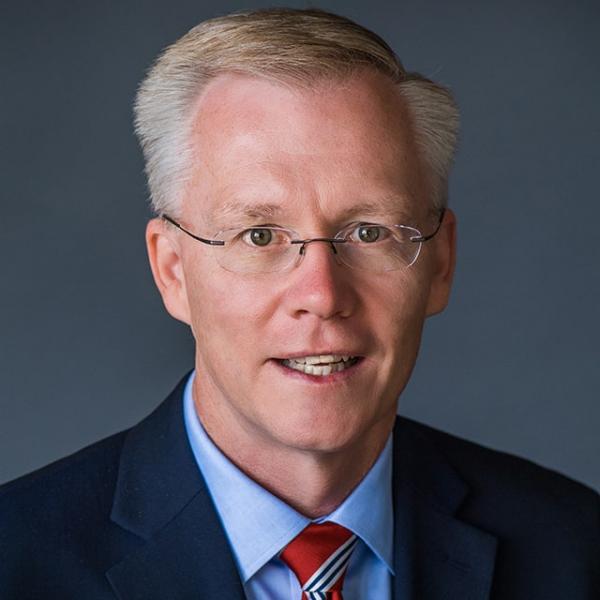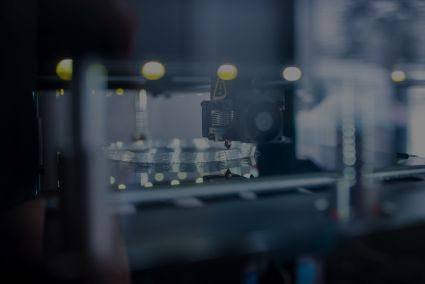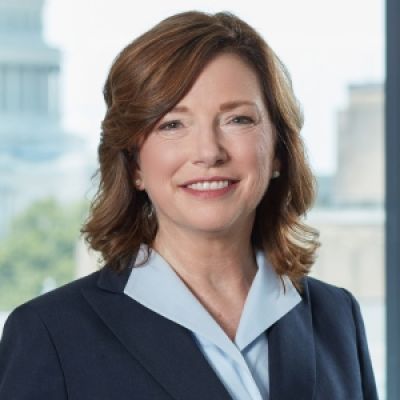
I have every confidence that our society, our communities, and our businesses will emerge from the COVID-19 pandemic stronger, more resilient, and more innovative than we were before it. But it’s going to take time and a lot of hard work before we get to that point.
Leaders, in the months ahead, will need to exhibit an unwavering commitment to coach through the inevitable ups and downs we’ll see. We’ll need to remain nimble, flexible, and dynamic in our responses because fatigue will set in, frustrations and frayed nerves will bubble to the surface, and we are bound to experience setbacks along the way. As much as quick and decisive action is needed now and going forward, we can’t lose sight that the path to recovery will be a marathon, not a sprint. And we’ll need to be alongside our people every step of the way.
How do we do that?
In recent years, we’ve seen the corrosive effect of great inequality straining our communities and our world. We have a chance now to address that dynamic with a fresh perspective, and I believe newfound empathy. We can’t waste this opportunity.
Commit to sustained support. Even the most prepared among us could not have predicted the scope, scale, and speed of the situation in which we find ourselves. Leaders have moved quickly to adjust their operations, address the needs of very different workforce models, and serve clients in new ways. Some of the quick fixes we put in place will take hold. Others will require adjusting. Continuously re-examining what is working, what’s not, and how the needs of each of our stakeholders evolve is mission critical. Like many others, I’m filled with pride when I see the way people and businesses are responding to the urgent needs we now face with compassion, adaptability, and ingenuity. Could we have imagined just a few short weeks ago that our auto factories would be manufacturing ventilators? Or that distilleries would be making much-needed hand sanitizer for our front line health-care workers?
But one and done isn’t going to cut it, and what works today might not be what’s needed a week or month from now. We need to think about short-term, mid-term, and long-term commitments that will see us through to the other side of this. Our businesses, the way we work—these things have changed irrevocably, and we need to embrace the idea of continuous change and look for every opportunity to make the most it.
Keep acting in ways that engender the trust of your colleagues. Employees who continue to go to work to keep our communities running must have their health and safety be our first and top priority. That commitment needs to be unwavering, no matter how long this goes on. Those working from home have different needs, both professional and personal, that we’ll need to continuously evaluate and develop creative solutions to address. At some point—I hope sooner rather than later—we’ll be able to start a staged re-entry of our workforce back into traditional work environments. When we ask that of our colleagues, we’re asking them to trust that we’re not putting the needs of our business above their personal well-being. That trust can be too easily lost if we waver in our commitments.
Importantly, we’re all learning new things about each other as colleagues that will help us in the future. The challenges of being a working parent or caregiver for a family member, how to engage each other when working remotely, and maybe even a more genuine willingness to listen to a colleague’s response to the simple question, “How are you?” Some would say leaders have an obligation not to let these lessons be lost as we move forward. I’d phrase it differently: What a fantastic opportunity we have to reevaluate how we connect with, motivate, and appreciate our colleagues and deepen our connections to them.
As best we can, let’s endeavor not to leave anyone or any place behind. Undoubtedly, the recovery will be uneven. That will be true by industry, by segments of the workforce, by parts of our communities, and by countries around the world. Leaders need to advocate for those who will struggle. Those who are privileged enough to weather this storm from a position of strength need to make responsible decisions—using our souls as well as our brains—for how we can help all parts of our society recover. In recent years, we’ve seen the corrosive effect of great inequality straining our communities and our world. We have a chance now to address that dynamic with a fresh perspective, and I believe newfound empathy. We can’t waste this opportunity.
These principles seem simultaneously obvious, yet they are easier said than done. Believing these are the right things to do is one thing. Staying focused on the mission of accomplishing them will require great effort. But I’m committed, and I hope others will be too.















